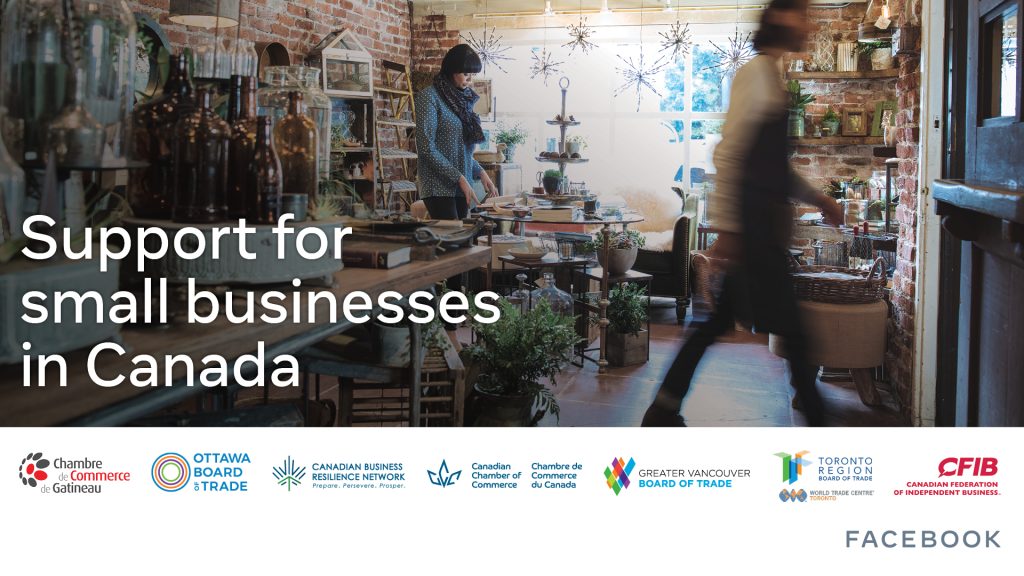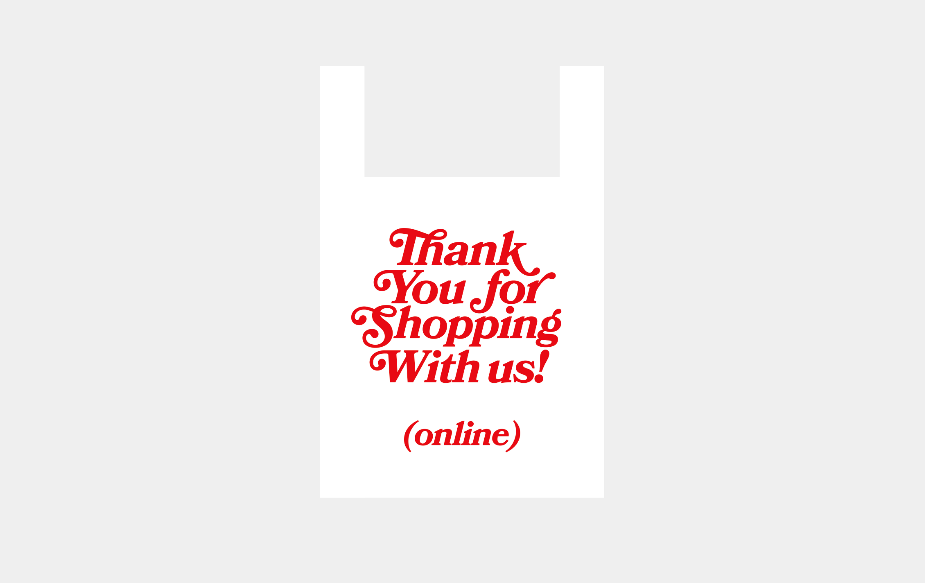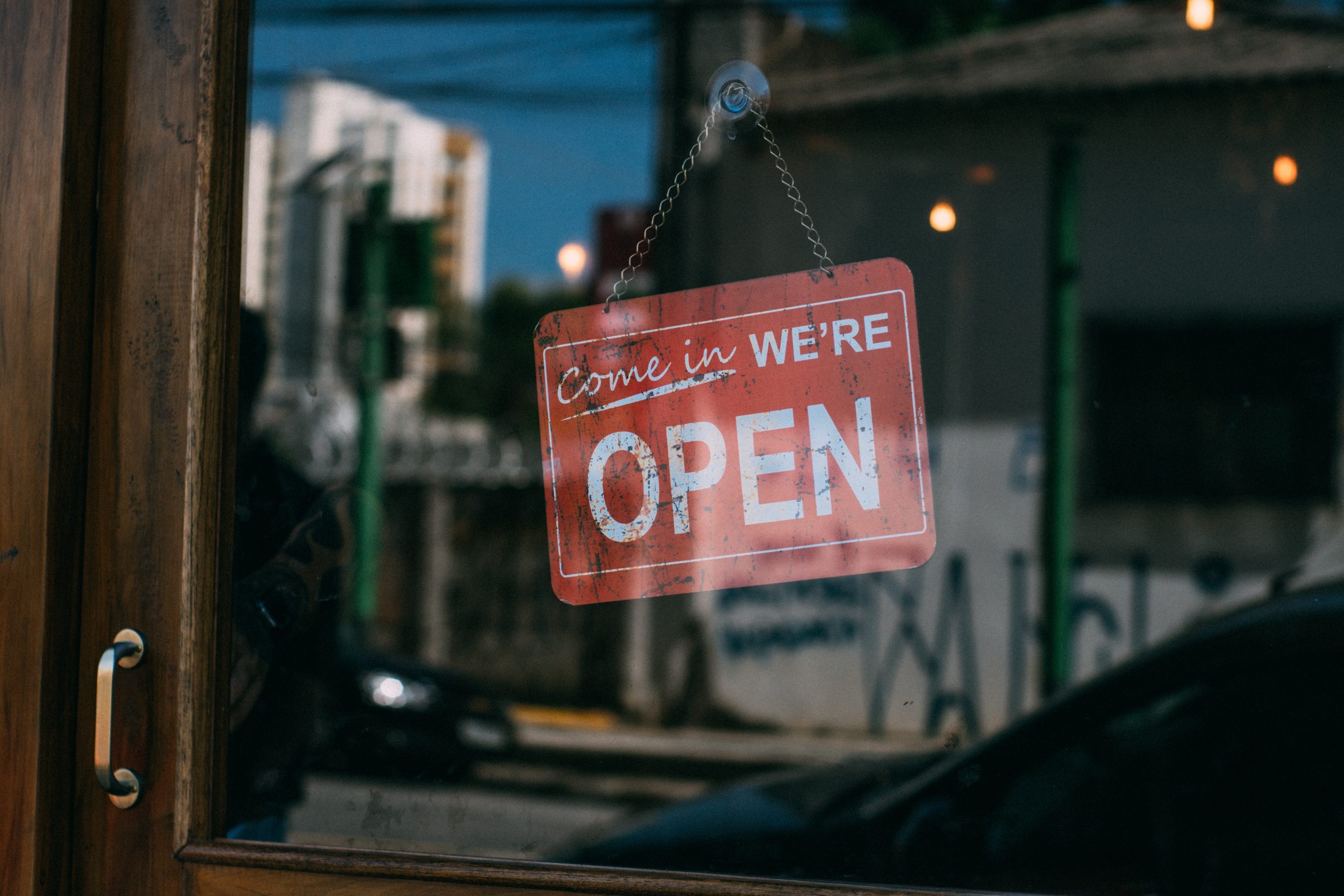It’s no surprise that the COVID-19 pandemic has had a catastrophic impact on the business community. In Canada, a whopping 99.8 percent of businesses are small- to medium-sized companies (SMBs)—the backbone of our economy and among the hardest hit in the economic shutdown.
Looking to lend a helping hand, tech giant Facebook recently launched a global initiative to assist 30,000 small businesses in over 30 countries with $100 million in grants. Distributed in combinations of both cash and ad credits, the Small Business Grants Program was set up to assist SMBs with rent and operational costs and, ultimately, help them get back on their feet.
Now available in Canada, nearly $3.5 million through the Small Business Grants Program can be accessed by approximately 650 small businesses (even those without a Facebook or Instagram account) if they meet the following eligibility criteria:
- Have between 2 and 50 employees
- Have been in operation as a business for over a year
- Have experienced challenges as a business from COVID-19
- Be located in an area where Facebook Canada currently operates—Vancouver, Ottawa-Gatineau, Toronto, Montreal
In a Canadian exclusive, managing director Garrick Tiplady discusses with Bay Street Bull the launch of Facebook Canada’s Small Business Grants Program, the additional resources available for business owners, and how he’s navigating the pandemic, himself.


You’ve got big news! Can you walk through the Facebook Small Business Grants Program for us?
Before we jump into the program, I think it’s important to look at why we’re doing this. It’s fair to say that small businesses are the backbone of our economy. They represent the bulk of our employees and, quite honestly, the hearts of communities across the country. And yet, they are some of the hardest hit by this pandemic. In March, we announced $100 million in grants for up to 30,000 small businesses in over 30 countries. What we’re announcing today is what we’re doing in Canada. We’re going to be providing nearly $3.5 million dollars in grants to approximately 650 businesses across four cities. If you’re one of those eligible businesses, you can receive upwards of $5,000 in both cash and ad credits. We want to make sure that we’re rolling this out relatively quickly, so we’ll be taking applications between May 26 and June 2. We’re also really focused on making sure that the process is simple, so it should only take small businesses about 20 minutes to apply. It’s important to mention that you don’t actually need to be part of Facebook to apply.
As part of the rollout details, we’re going to be working with a third-party partner who will manage the distribution of the grants. We’ve also been engaging our local chambers of commerce to make sure that we capture their on-the-ground insights.
Are there any other ways that you will be supporting the small business community outside of the Small Business Grants Program, itself?
If you look back even three years ago, only half of Canadian small businesses had a website. Today, only four in 10 Canadian small businesses have e-commerce capabilities and we know that with this pandemic, we’ve essentially shifted forward about three years overnight. Most of these small businesses are going to need a digital solution to stay afloat. We want to compliment the [Small Business Grants Program] with education, so we’re doing a few things to support that. Starting in June, we’ll be hosting three virtual training series in partnership with the Chamber of Commerce and their Canadian Business Resilience Network. From a Facebook perspective, we’re complementing that with our Boost with Facebook Canada group, as well as our Business Resource Hub. This is also all in one location for small businesses to get advice, connect and talk with one another around challenges, and get access to our experts.
Lastly, we’ve also launched some features over the last month in support of small businesses. They can now launch business fundraisers rather than a personal fundraiser to ask their communities for support. We’ve set up the capability to purchase gift cards as well as order food directly through the platform to provide an extra mechanism to bring in much-needed cash. Last week, we also launched the small business support Instagram sticker, which is a way for the community to get out and highlight some of their favourite local businesses.


I think about it in two ways. From the grant perspective, we really wanted to focus on the cities that we ultimately call home and have a presence in: Montreal, Ottawa, Toronto, and Vancouver. The view was that we would complement that program with educational resources and training, which is available to every Canadian. That’s the reason why we’re within those four markets. In regards to the timing of the rollout, we really want to make sure that we get the cash into the hands of the small businesses as quickly as we can. It’s a weeklong window, but we’ve really tried to make the process simple because we don’t want it to be on a first-come, first-serve basis. We really want to make sure that it’s equitable for everybody, which is part of the reason why we’ve got the timeline. We know businesses need the cash right now and we want to move as quickly as we can.
Going through some of the feedback that the initiative has received in other markets, a big thing that seemed to stick out was that a lot of people didn’t meet the eligibility criteria because they were self-employed individuals. Are you gleaning any insights or feedback from markets that have already launched the program to improve it here?
This is a global program and Canada is fairly close in line behind the US. Obviously we’re taking in lessons as we learn, and we’re still fairly new with the rollout. We’ll continue to evolve as we need to but right now, two to 50 employees is the parameter that we’re launching within the Canadian context.


The way to think about it is in equal payments. It’s just over $5,000, roughly two-thirds cash and a third in [Facebook] ad credits. It’s important to note that this is open to all small businesses that meet the criteria, whether you use Facebook or not. We want to move as quickly as we can following the application to make sure that we get the cash in the hands of these businesses who we know need it right now.
Outside of cash, Facebook Canada is also providing guidance to help businesses with certain best practices through its Business Resource Hub. How are you hoping to empower the small business community to be more digitally-savvy and help them get back on their feet?
My perspective is that every business right now is going through a fundamental shift. If you look at the Canadian economy as of last week, the number of small- to medium-sized businesses that remained fully open was just over 20 percent. Of those who are closed, only a third are concerned about whether they can reopen. Couple that with the fact that there is a major shift of consumers moving online, businesses need to [react] quickly. We want to make sure that we work with them so that they have the resources to move as quickly as they can.
I think one thing that has been a common theme across all Canadian businesses is this unbelievable resiliency. Businesses are supporting local initiatives and have completely pivoted their operations. Here’s a great example—my local coffee shop, Creed’s Coffee Bar, was hit like everybody else and overnight, their business fundamentally changed. Not only have they built an online environment and turned their coffee shop into a general market store in order to serve the needs of the community, but they’re now having to rethink their marketing to indicate that their business has shifted, and to attract new customers. This has all happened in the span of six weeks. Imagine all of these businesses having to fundamentally pivot in six weeks.
I think what’s really amazing about these types of examples is that despite the fact that they’ve [pivoted their business,] they’re also setting up fundraising campaigns for local food banks. We’ve seen such great examples of businesses pivoting, consumers engaging with businesses, and communities coming together.
It’s certainly very inspiring and speaks to the resilience and camaraderie of the community. Small businesses are the backbone of our community, which I guess is more commentary than a question.
I think the other interesting thing is that we tend to talk about retail examples or bricks-and-mortar that have had to move online, but service-based businesses have had to as well. My wife and I go to the same salon and she needed to get her hair coloured. Her colourist literally made up the colour that she uses for my wife’s hair, sent it over to our house, and loaded up a YouTube video to show how to apply it. I’ve also heard of other examples where barbers are doing virtual haircuts. You can book an appointment and they’ll teach you how to cut your hair on the spot. These are just good examples of everybody shifting their business. Hopefully through the grants and training that we’re providing, we’re at least doing a little bit to help small businesses make it through this tough time.


If you’re a small business, you have products that you can now make available on Facebook and Instagram. I think this is the continued acceleration of commerce. Shops is just one more place for people to discover your products. It’s an additional mechanism and discovery platform to make sure more people are able to see what businesses have to offer.
the biggest advice I would give anyone is to just take the time to lead with empathy and look for human-to-human connections.
How have you been doing through all of this? You’re leading a big team with big initiatives. What has your experience been like during COVID-19?
I think we’re seeing a really interesting shift with companies right now. Quite honestly, I miss the team dearly. I would love to be in the office. I like seeing people face-to-face, but I think that if we all talk to one another as humans, have real conversations, make sure we’re checking in on our people regularly, and being overly transparent with what’s going on and how we’re managing it—I think that’s how we’ll all get through this.
It was recently mental health week and I think it’s really important to [acknowledge] that it’s hard to tell from talking to somebody on a screen what’s going on in the background, whether they’re taking care of an elderly loved one or have somebody that’s on the frontlines. We all have to be very aware of what’s going on and make sure that we listen. This is the biggest single disruption that anybody has likely been through, so we’ve all got to show up as humans and make sure we provide support and be there for our employees.
What is the biggest advice you can offer to other business owners, managers, leaders, and people in general on how to get through this?
I’ll set the business advice aside and say that I think the biggest advice I would give anyone is to just take the time to lead with empathy and look for human-to-human connections. At the end of the day, that’s what’s going to carry us through.
Facebook Canada’s Small Business Grants Program is now available between May 26th, 9 AM EDT to June 2nd, 11:59PM EDT.













